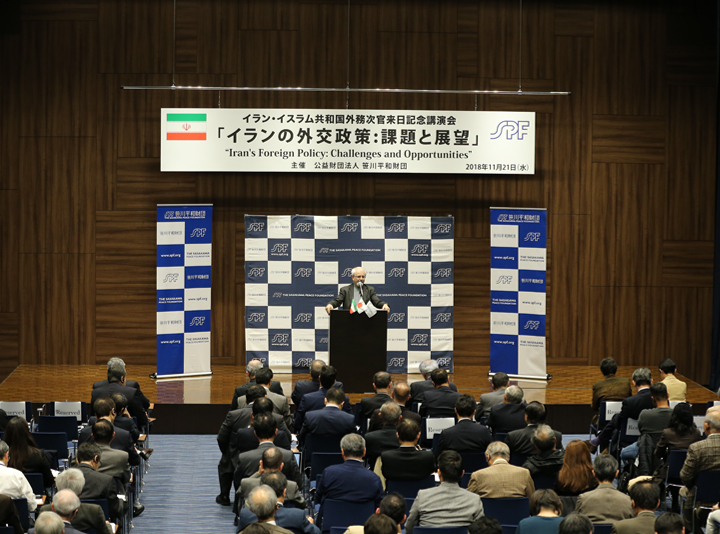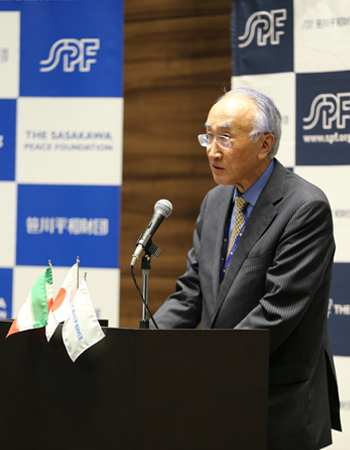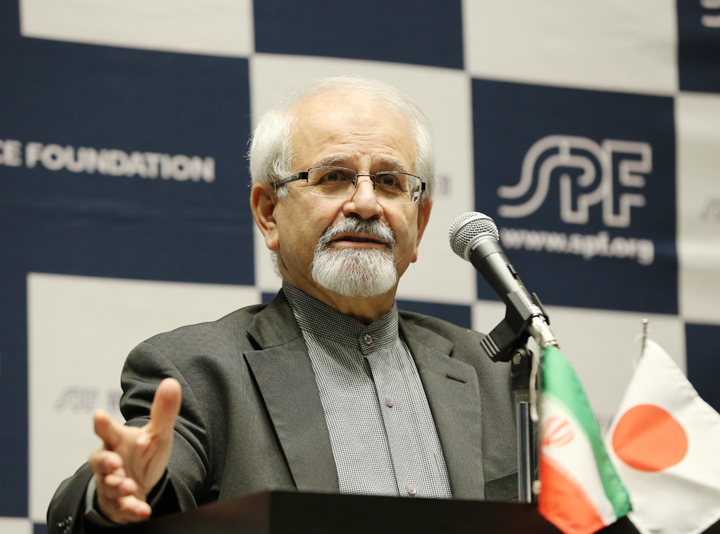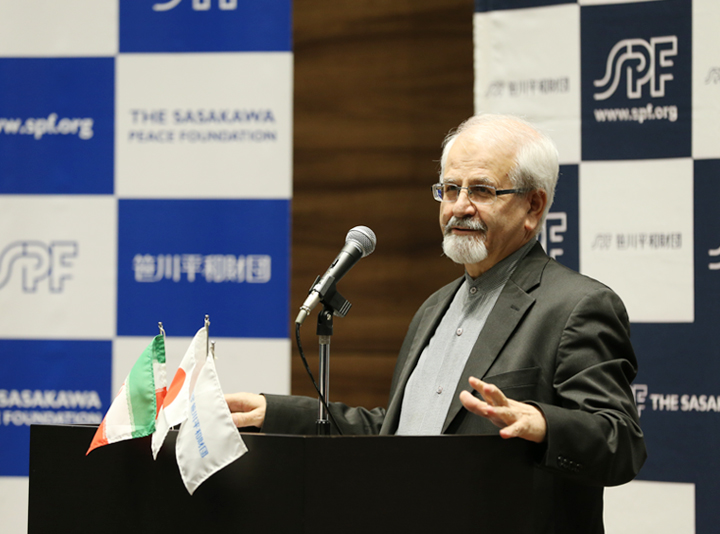SPF hosts Japanese experts to discuss social media's impact on politics in Southeast Asia and Japan
On March 6, 2025, the Strategic Dialogue and Exchange Program of the Sasakawa Peace Foundation (SPF) hosted an online event titled “The Spread of SNS and Changes in Democracy in the Politics of Southeast Asian Countries and Japan.” The event discussed the impact of social media in elections in Thailand, Indonesia, Malaysia, the Philippines, and Japan, based on presentations given by five Japanese professors. They highlighted cases such as the 2023 Thai general election and the 2024 Indonesian presidential election, where social media influenced voter behavior and campaign strategies. Discussions also examined social media’s evolving role in Malaysian and Filipino politics, particularly its impact on younger voters and political campaigns.



